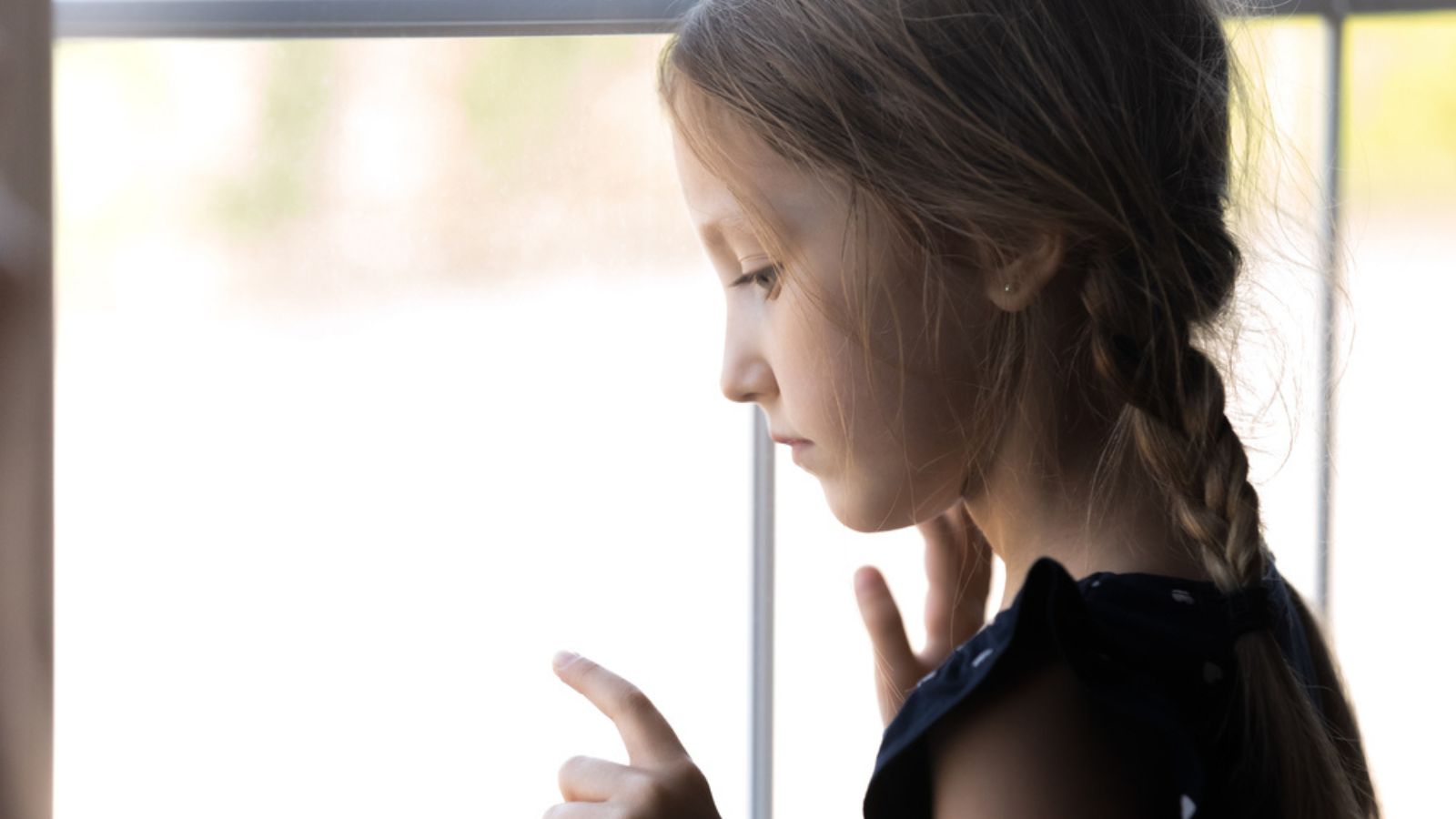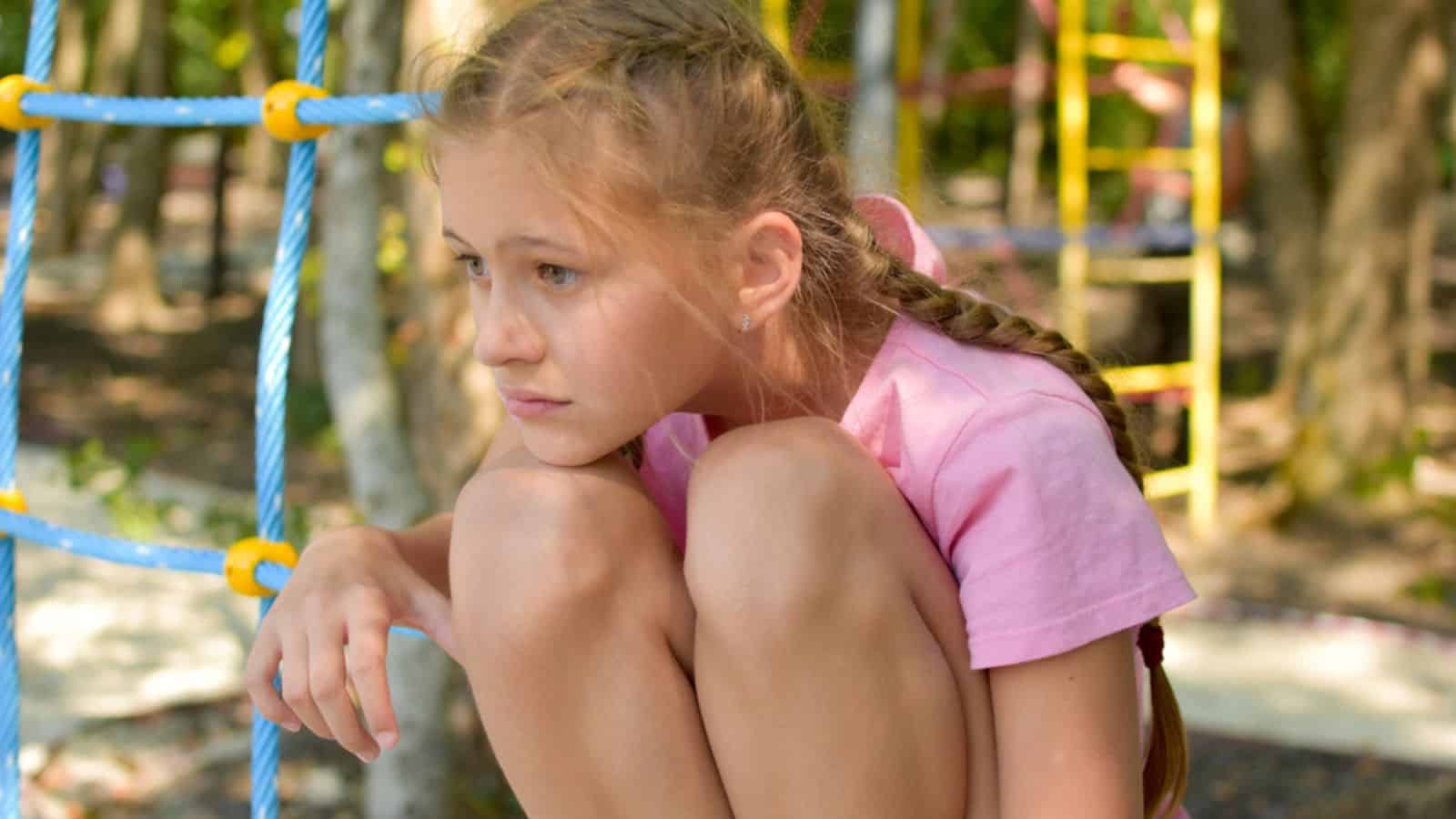15 Signs You Were ‘Parentified’ As A Child

Being parentified refers to a role reversal situation where a child is placed in a position to take on emotional or practical responsibilities that are typically the domain of an adult. This can occur in various forms, but it often involves a child caring for their siblings or providing emotional support to their parents. Parentification can happen due to a variety of circumstances, such as a parent’s physical or mental illness, addiction, or absence, which forces a child to step into adult roles prematurely. This role reversal can disrupt the natural boundaries between a parent and a child, leading to a heavy burden on the child’s shoulders.
Consequences of Parentification

The consequences of parentification can be complex and enduring. When a child becomes the caregiver or emotional support for their family, they take on developmentally inappropriate levels of responsibility. This can lead to the child missing out on essential aspects of their childhood, as they are often too busy with adult tasks to engage in age-appropriate activities and play. According to Healthline, parentified children may provide care for a sibling who is sick or disabled, or they may manage household tasks and make sure bills are paid. These children often grow up too quickly and miss out on the nurturing and guidance they need for their own personal development.
Long-term Effects

The long-term effects of parentification can be significant and may carry into adulthood. Parentified children often experience a range of emotional and psychological effects, including issues with self-esteem, anxiety, and difficulties in forming healthy relationships. They may also struggle with boundaries and take on too much responsibility in various aspects of life. As noted by Psychology Today, these individuals might have been forced into the role of caretaker at a young age, impacting their ability to care for themselves later in life. Understanding and addressing the impacts of parentification is crucial for the well-being of those who have experienced it.
Premature Responsibility

A person who was parentified as a child often had to take on responsibilities that were not age-appropriate, such as paying bills, cooking meals, or caring for younger siblings. This early assumption of adult roles can lead to an accelerated loss of childhood innocence and the development of an overly mature demeanor at a young age.
Neglect of Personal Needs

Those who experienced parentification may have learned to see their own needs as unimportant or burdensome. As adults, they might struggle with self-care because they were conditioned to prioritize the needs of others over their own from a young age.
Emotional Suppression

A telltale sign of a parentified individual is the tendency to suppress their emotions. They may have had to keep their feelings to themselves to maintain a strong front for their siblings or parents, leading to difficulty expressing emotions in adulthood.
Anxiety in Caretaking Roles

Parentified individuals often exhibit anxiety, especially when tasked with caring for others. They might feel excessive pressure to ensure everyone else’s well-being, a remnant of their childhood role as a caregiver.
Depression

The heavy burden of adult-like responsibilities during childhood can contribute to feelings of depression. According to Newport Academy, this can stem from the chronic stress and lack of a nurturing environment during their formative years.
Compulsive Overworking

Adult survivors of parentification might compulsively overwork themselves. This behavior is often a continuation of the relentless effort they had to put in as children to manage their household or care for family members.
Difficulty Having Fun

Individuals who were parentified may struggle with having fun or engaging in playful activities. They often had to forgo playtime as children to fulfill adult roles, which can lead to discomfort with “letting loose” and enjoying leisure activities later in life. Often, their early experiences instilled a belief that life is about obligations and duties, not enjoyment and relaxation.
Relationship Challenges

People who were parentified as children might face challenges in forming and maintaining healthy relationships. They may unconsciously seek out partners they can care for or exhibit dependency traits, replicating the caretaking dynamic from their childhood.
Boundary Issues

A common sign of someone who experienced parentification is difficulty setting and maintaining boundaries. They might find it hard to say no to requests for help or separate their needs and emotions from those of others, as they were often expected to be constantly available and responsive to their family’s needs as children.
Overdeveloped Sense of Responsibility

Individuals who were parentified often have an overdeveloped sense of responsibility. They may feel responsible for things beyond their control and carry unnecessary guilt or worry about the well-being of others, even in situations where it is not their place to do so.
People-Pleasing Tendencies

A person who was parentified might exhibit strong people-pleasing behaviors. They often learn early on that their value is tied to their ability to care for others, leading to a pattern of seeking approval and validation through pleasing those around them.
Perfectionism

Perfectionism can be a sign of parentification, as these individuals may have felt that they needed to perform their adult roles flawlessly to avoid criticism or to keep their household functioning. This can lead to unrealistic standards for themselves and constant self-criticism.
Control Issues

A desire for control can manifest in parentified people, as they might have been forced to take charge of chaotic or unpredictable family situations. As adults, they may seek to control their environment or relationships to avoid feelings of helplessness or vulnerability.
Mature Interests

Those who were parentified may have mature interests beyond their years, as they often had to engage with adult concerns and conversations. This can lead to alienation from peers and difficulty relating to others in age-appropriate ways.
Caregiver Fatigue

Individuals who were parentified may experience caregiver fatigue. They have often been caregivers for so long that they may feel emotionally and physically exhausted by the demands of caring for others. This fatigue can persist into adulthood, even when the actual caretaking responsibilities of their youth have ceased. The chronic stress associated with ongoing caretaking can lead to burnout, a state of emotional, physical, and mental exhaustion.
More from Arnie Nicola: 8 Ways To Teach Diversity To Your Children

In an increasingly diverse world, it’s more important than ever to teach our children about diversity and inclusion. By teaching children about different cultures, races, religions, and ways of life, we can help them develop empathy, understanding, and respect for others. Here are some ways to teach diversity to your children:
8 Ways To Teach Diversity To Your Children
More from Arnie Nicola: 7 Essential Coparenting Tips for Divorced Parents

Divorce can be a difficult and emotional time for everyone involved, especially for the children. Coparenting can be challenging, but it’s important to put the children’s needs first and work together as a team. Here are 7 essential coparenting tips for divorced parents.






